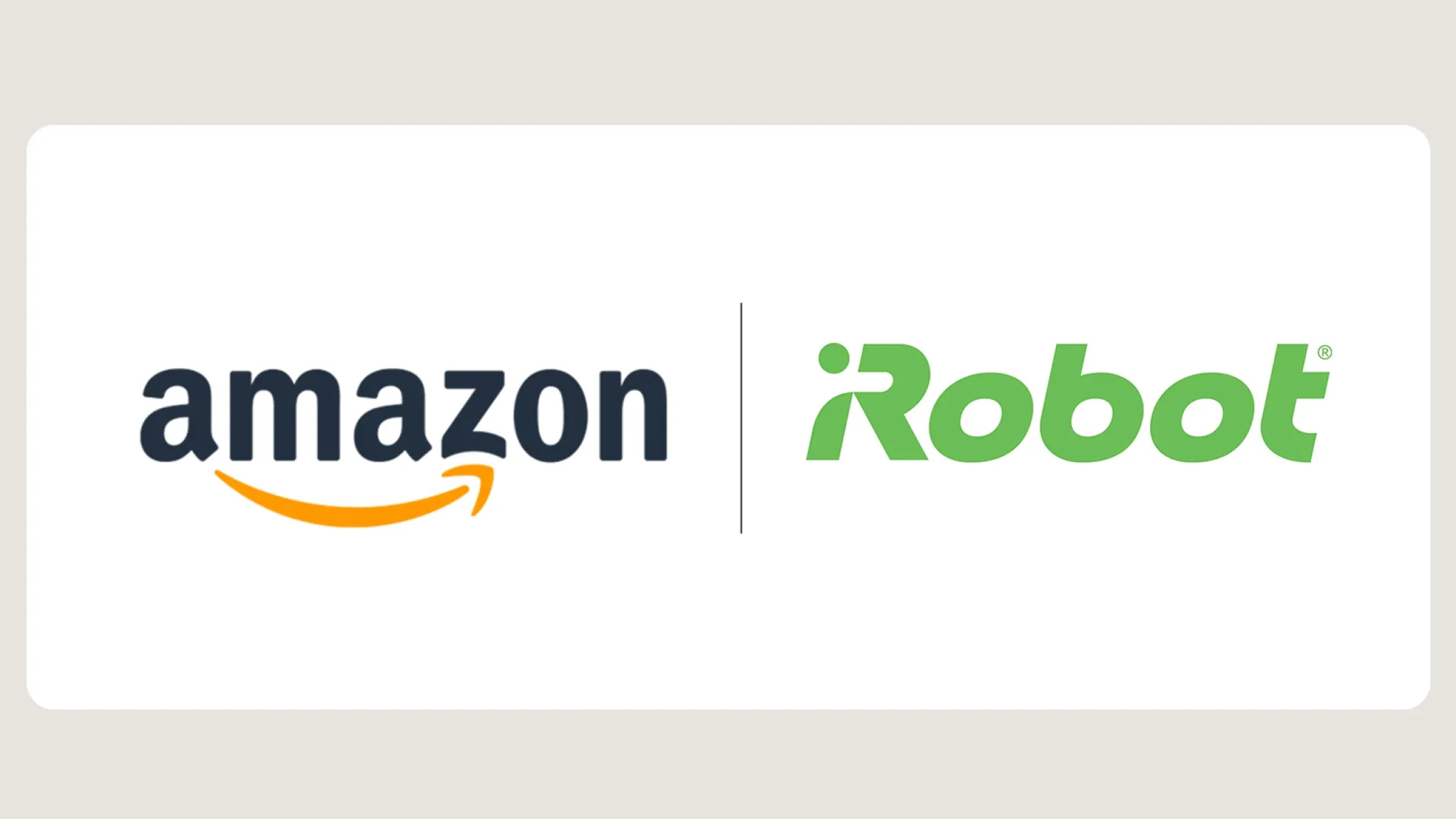PayPal Ventures has announced that it has invested in embedded finance firm Mesh using its own digital currency.
Mesh, launched in 2020 as an account aggregation firm, supports businesses in integrating crypto transfers and payments into existing platforms.
PayPal's investment was made almost entirely using PayPal USD (PYUSD), its US dollar denominated stablecoin.
The move marks the first time the Ethereum-based stablecoin has been used By PayPal Ventures for an investment since the currency was launched last August.
The PYUSD funds were transferred on chain using Mesh APIs.
"As the world of financial services undergoes rapid transformation, we believe that user ownership and portability of assets will become a critical building block of product innovation, with crypto serving as the first beachhead where this is possible," said Amman Bhasin, partner at PayPal Ventures. "Mesh's commitment to these principles, coupled with its innovative technology, makes them a clear leader in this dynamic landscape.
"We are confident that this investment will fuel Mesh's growth and contribute significantly to the advancement of embedded finance and native stablecoins."
The investment follows Mesh's $22 million Series A funding round, backed by new investors including Money Forward, Inc, Galaxy, and Samsung Next.
"We're thrilled to have the backing of PayPal Ventures as we execute against our vision of becoming the connection layer for a critical mass of crypto platforms and financial service providers," said Bam Azizi, co-founder and chief executive of Mesh. "PayPal has an incredible track record of moving the payments industry forward, so it's no surprise they are at the forefront of stablecoin innovation and share our vision for the future of the industry."
Latest News
-
OpenAI and Microsoft join UK's AI alignment coalition
-
Tesco body worn cameras improving safety across the organisation, says security project manager
-
ECB outlines plans for 2029 digital euro launch
-
Tech companies forced to remove abusive images in 48 hours under new UK law
-
OpenAI to anchor Tata’s $7bn India data centre push
-
UKRI commits £1.6bn in first AI strategy
The future-ready CFO: Driving strategic growth and innovation
This National Technology News webinar sponsored by Sage will explore how CFOs can leverage their unique blend of financial acumen, technological savvy, and strategic mindset to foster cross-functional collaboration and shape overall company direction. Attendees will gain insights into breaking down operational silos, aligning goals across departments like IT, operations, HR, and marketing, and utilising technology to enable real-time data sharing and visibility.
The corporate roadmap to payment excellence: Keeping pace with emerging trends to maximise growth opportunities
In today's rapidly evolving finance and accounting landscape, one of the biggest challenges organisations face is attracting and retaining top talent. As automation and AI revolutionise the profession, finance teams require new skillsets centred on analysis, collaboration, and strategic thinking to drive sustainable competitive advantage.
© 2019 Perspective Publishing Privacy & Cookies










Recent Stories